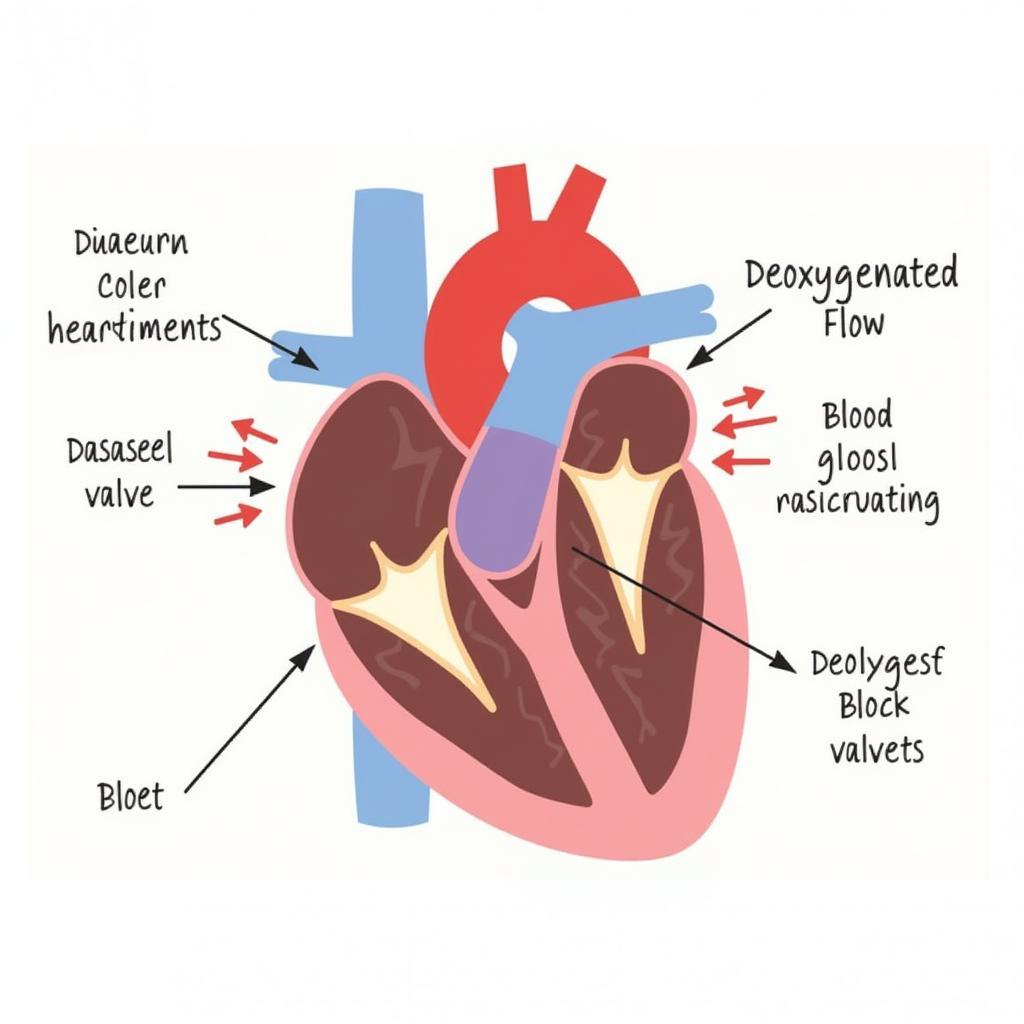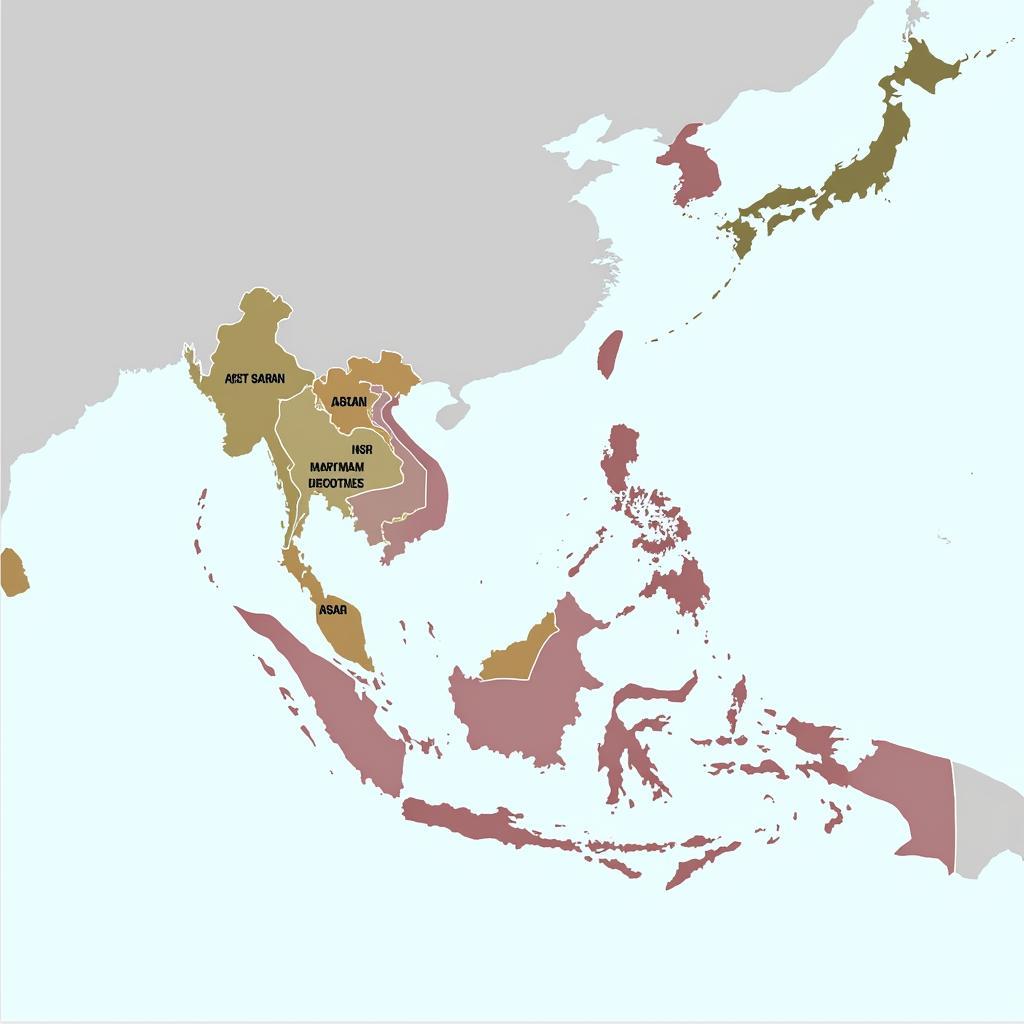Southeast Asia, a region brimming with diverse cultures, languages, and histories, is also home to a vibrant network of human rights and democracy advocates. Among these, the Asian Democracy and Human Rights Association (ADHR) stands as a prominent force, tirelessly working to promote and protect human rights across the region.
ADHR’s mission is to strengthen democratic institutions, uphold human rights principles, and foster a more inclusive and equitable ASEAN. This article delves into the organization’s core activities, the challenges it faces, and the significant contributions it makes to the advancement of human rights in ASEAN. We’ll explore how ADHR acts as a bridge between various stakeholders, facilitating dialogue and collaboration to address critical human rights issues.
ADHR’s Impact on Human Rights in ASEAN
ADHR’s impact on ASEAN is multifaceted and far-reaching. Its primary focus lies in:
Advocacy and Research:
- Monitoring Human Rights Violations: ADHR closely monitors human rights violations across ASEAN, documenting and exposing abuses, including arbitrary detention, torture, and restrictions on freedom of expression and assembly.
- Publishing Reports: The organization publishes insightful reports and analyses on human rights situations in specific countries and regions, providing valuable information and raising awareness about pressing issues.
- Promoting International Standards: ADHR actively promotes adherence to international human rights standards and encourages governments to uphold their commitments to human rights treaties and conventions.
Capacity Building:
- Training and Education: ADHR invests in building the capacity of human rights defenders, civil society organizations, and journalists through training workshops and programs, equipping them with the knowledge and skills to effectively promote human rights.
- Empowering Local Communities: By working closely with local communities, ADHR empowers them to advocate for their rights and participate in decision-making processes that affect their lives.
- Fostering Cross-border Collaboration: ADHR actively facilitates collaboration among human rights groups across ASEAN, enabling them to share experiences, develop joint strategies, and amplify their voices on critical issues.
Public Awareness:
- Raising Public Awareness: ADHR plays a crucial role in raising public awareness about human rights issues, promoting dialogue and understanding, and challenging societal norms that perpetuate discrimination and inequality.
- Engaging with Media: The organization engages with media outlets to disseminate its findings, raise public concern, and advocate for policy changes.
- Harnessing Social Media: ADHR utilizes social media platforms to amplify its message, connect with a wider audience, and mobilize support for human rights advocacy.
Key Challenges Faced by ADHR
Despite its vital work, ADHR faces significant challenges in its endeavor to advance human rights in ASEAN. These include:
- Government Restrictions: Many ASEAN governments restrict the activities of human rights organizations, limiting their freedom of operation, monitoring, and advocacy.
- Repression of Civil Society: Human rights defenders and activists often face intimidation, harassment, and arbitrary arrests, creating a climate of fear and impeding their ability to work effectively.
- Limited Funding: Securing sustainable funding for human rights work in the region remains a constant challenge, hindering the expansion of programs and initiatives.
- Diversity and Complexity: ASEAN’s diverse cultural and political landscape presents unique challenges for human rights advocacy, requiring tailored approaches and sensitive engagement.
The Significance of ADHR’s Work
The work of ADHR is crucial for the advancement of human rights and democracy in ASEAN. The organization:
- Holds Governments Accountable: ADHR acts as a watchdog, holding governments accountable for their human rights obligations and exposing abuses.
- Amplifies the Voices of the Marginalized: ADHR gives voice to the marginalized and vulnerable groups, ensuring their rights are protected and their concerns are heard.
- Promotes Dialogue and Cooperation: ADHR fosters dialogue and cooperation between governments, civil society organizations, and individuals, creating a more inclusive and constructive environment for human rights advocacy.
- Shapes Public Opinion: By raising awareness about human rights issues, ADHR shapes public opinion, fosters greater respect for human rights, and promotes a culture of accountability.
The Future of Human Rights in ASEAN
The future of human rights in ASEAN depends on the continued commitment of organizations like ADHR and the willingness of governments to uphold their human rights obligations.
Experts have shared their views on the critical elements for advancing human rights in the region:
“We need to see a shift in how governments prioritize human rights, moving beyond rhetoric to concrete action. This includes enacting strong laws that protect fundamental rights, establishing independent oversight bodies, and ensuring access to justice for victims of human rights abuses.” – Professor Maria Lee, Human Rights Expert, University of Kuala Lumpur
“Civil society organizations play a crucial role in holding governments accountable and advocating for change. They need the space to operate freely and access to funding to sustain their work. Increased collaboration between governments and civil society is vital to ensure progress.” – Dr. Johnathan Tan, Executive Director, ASEAN Human Rights Network
“Public awareness and engagement are essential for driving change. Education programs, media campaigns, and community initiatives can help to empower individuals and build support for human rights.” – Ms. Sarah Khan, Regional Director, Asia Human Rights Foundation
FAQ
Q: What are the main human rights concerns in ASEAN?
A: Key human rights concerns in ASEAN include freedom of expression, freedom of assembly, the rights of minorities, the rights of women and children, and the right to a fair trial.
Q: How can I support ADHR’s work?
A: You can support ADHR by making a donation, volunteering your time, raising awareness about their work, or advocating for human rights in your community.
Q: What are the biggest challenges facing human rights defenders in ASEAN?
A: Human rights defenders in ASEAN face various challenges, including threats, harassment, intimidation, and imprisonment. They often work in environments where they are restricted from freely conducting their work and face obstacles in accessing information and resources.
Q: How can I stay updated on human rights issues in ASEAN?
A: You can stay updated by following ADHR’s website and social media channels, subscribing to their newsletters, and reading their reports and publications. You can also follow other human rights organizations and news outlets that cover ASEAN.
This article has explored the crucial role of ADHR in promoting and protecting human rights in ASEAN. The organization’s unwavering commitment to upholding democratic values and ensuring the fundamental rights of all people is essential for the region’s progress. By working collaboratively with governments, civil society, and individuals, ADHR continues to strive for a future where human rights are respected and protected in ASEAN.

